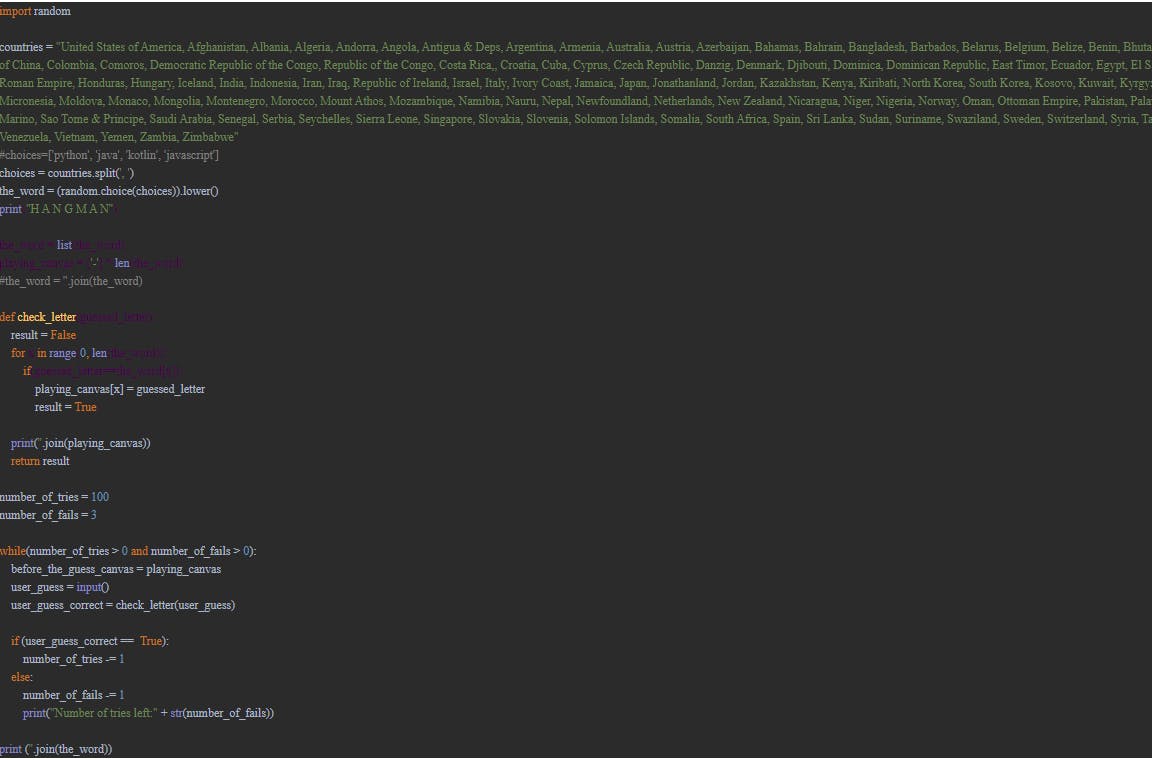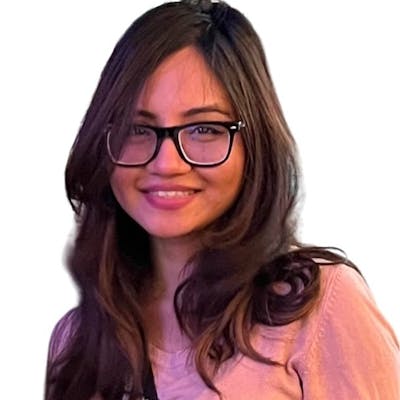Branching Out: How I Made the Leap from Business to Software Development Part 1 : Getting Started
I have been eager to share my journey from a business graduate to a self-taught software development engineer for quite some time now. The fact that I was able to make this transition completely on my own, without the need for boot camps or postgraduate certifications, makes my story unique and a testament to the power of self-education and determination. I hope sharing my experience can be beneficial to others who are considering a similar path and show that with dedication, persistence hard work, anyone can learn and succeed in a demanding field like software development.
A little background on myself: I am currently employed as a software development engineer (SDE 1) at a prop-tech startup called Swiftconnect and make access control technologies for smart buildings. Before my current company, I was employed as a Site Reliability Engineer at Morgan Stanley. I have also worked at a clinical research organization as a software engineer making advanced software tools that aid in the investigation and analysis of Central Nervous System diseases. I have been working in this industry for around 2.5 years and it took me about a year to get my foot in the door.
I did my undergrad in finance and accounting in Dhaka and then moved to Montreal Canada for a postgrad. Initially, I decided to do my Master's in Economics but after moving to Canada I saw the opportunities in technology and gravitated towards exploring the field of software development.
Like most people, I started my hand at learning python because it was relatively easy to learn and has a gentle learning curve. Its syntax is intuitive and straightforward, allowing for a smooth and quick acquisition of basic coding concepts. I was drawn to this language myself and delved into learning by working on practical projects. I discovered the JetBrains Academy python learning path, which provided an excellent opportunity to hone my skills by building real-world applications like chatbots and games like hangman. This hands-on learning experience was extremely rewarding and helped me solidify my understanding of programming concepts.
Once I had a solid understanding of the basics of a programming language and had gained proficiency in fundamental programming concepts like Object-Oriented Programming (OOP), I decided to expand my skill set by delving into the world of SQL. For Software development, learning SQL is crucial because it is the standard language used for managing relational databases. With SQL, you can create, modify, and manipulate data stored in databases, which is a fundamental aspect of many software applications. I set up both the MySQL server and client on my computer and got the Sakila database and familiarized myself by working through the SQL tutorials on w3schools. I further honed my skills by solving various questionnaires on the Sakila database, which allowed me to gain practical experience and improve my understanding of the language. Additionally, I delved into more advanced concepts such as joins and subqueries, further strengthening my proficiency in SQL.
At that stage of my journey, I felt inclined towards exploring data analytics and data science as I stumbled upon the organization data for good : a community of individuals who use data and technology to drive positive social impact. The organization hosts events and workshops where individuals can collaborate and apply their technical skills to tackle various social and environmental challenges. This exposure to real-world applications of data and technology for social good inspired me to pursue a career in data science and analytics. While working at their Regina Food Bank probono project, I also delved into utilizing other data analytics tools such as R and Tableau to further enhance my data analysis skills and gain practical experience in the field.
Following the acquisition of various skill sets necessary to start my career, I decided to actively seek employment opportunities. I refined my resume to make it concise, straightforward and focused on the most relevant information. I sought feedback from others and ensured that it was not overly embellished or boastful. The objective was to present a clear and professional picture of my skills and experience, making it easier for potential employers to understand my qualifications and abilities. And without having any certifications or projects I started getting interviews at companies like FlightHub, Coveo, TD Bank etc.
Before concluding this first article, I would like to share a snippet of one of my earliest programs created in Python. Although it may be a bit cringe-worthy given that it's been almost four years and I was still a novice at the time, I hope that this serves as inspiration for others that even with beginner-level skills, it's possible to get a foot in the door in this industry.

